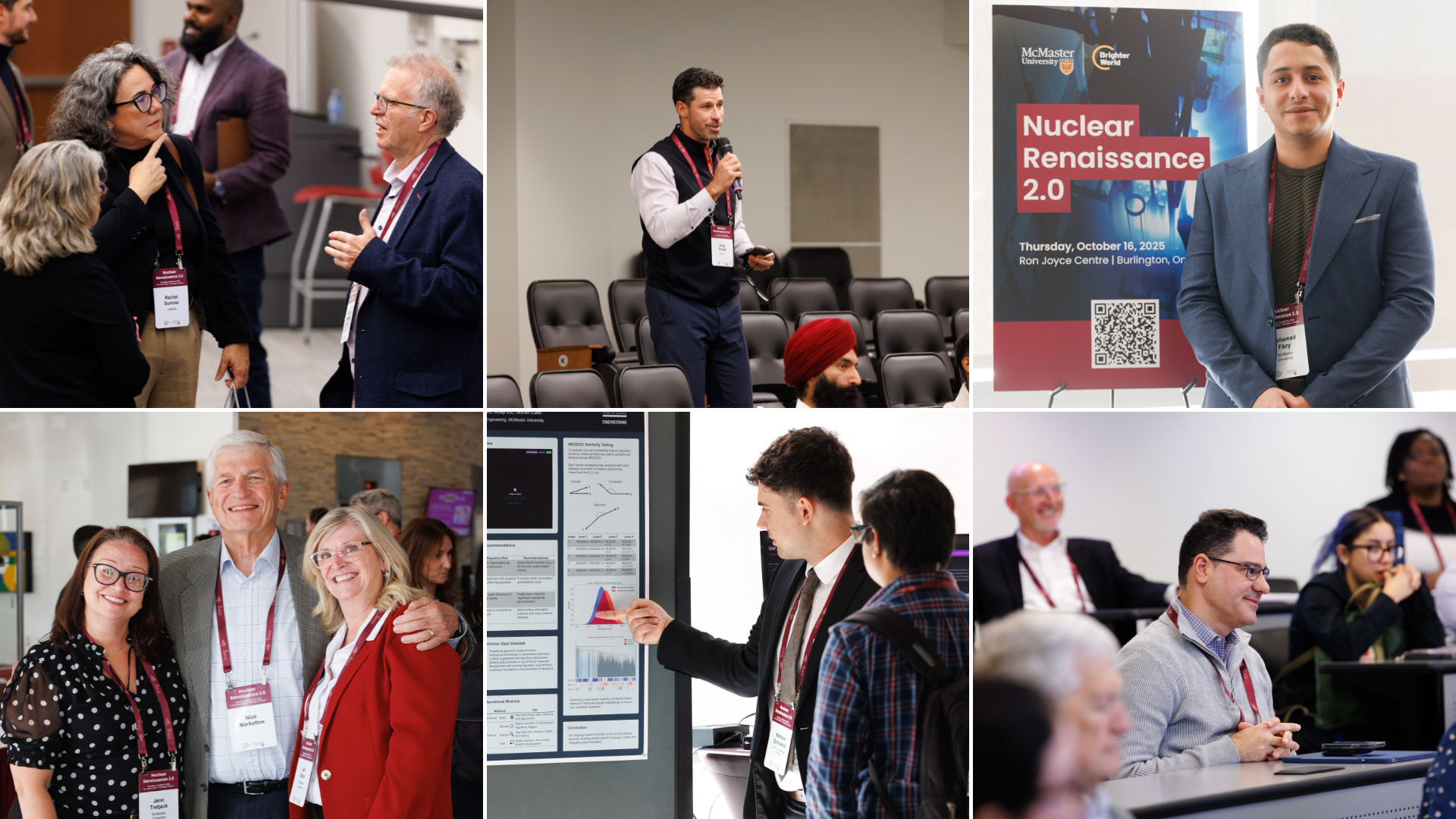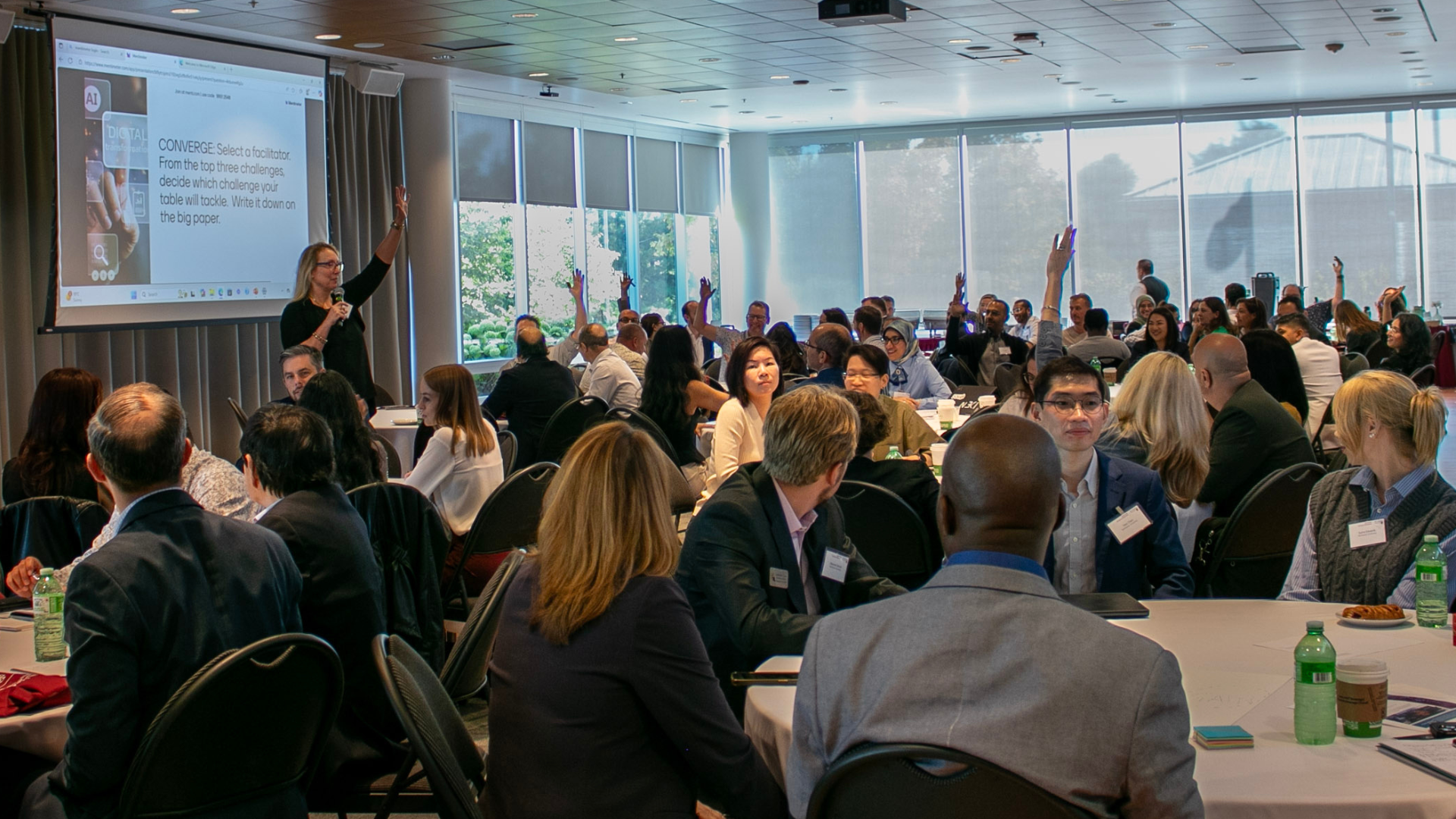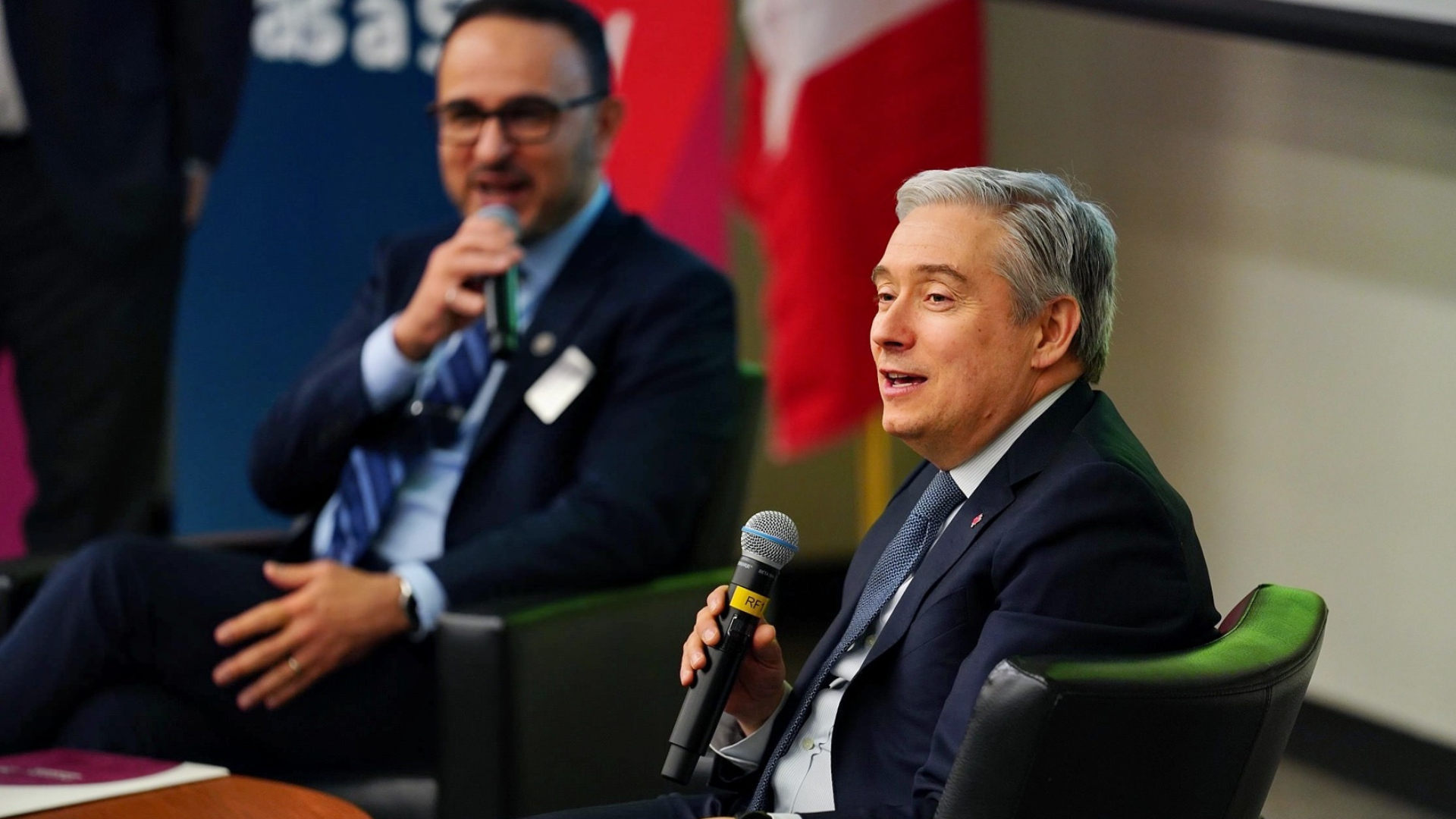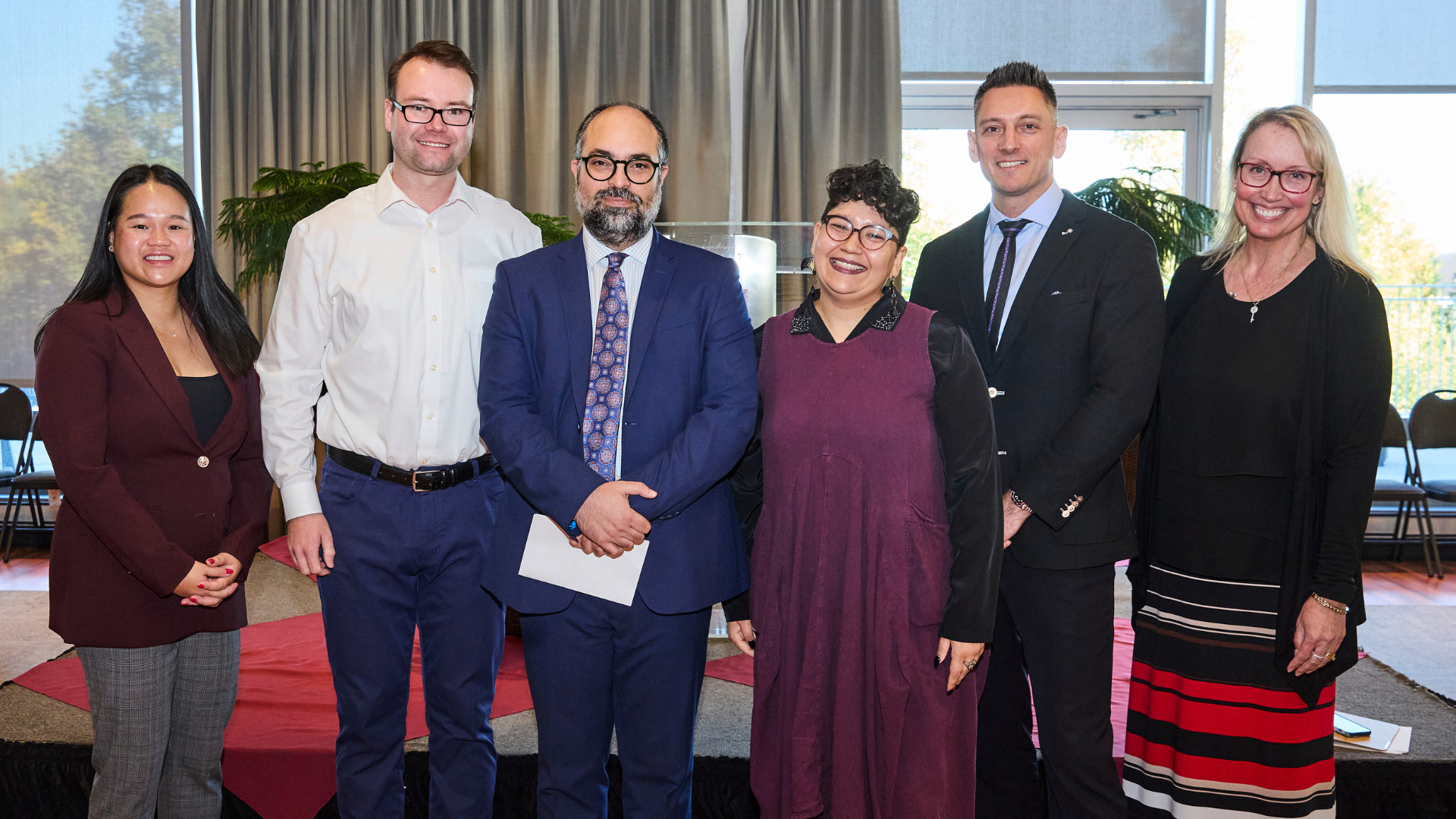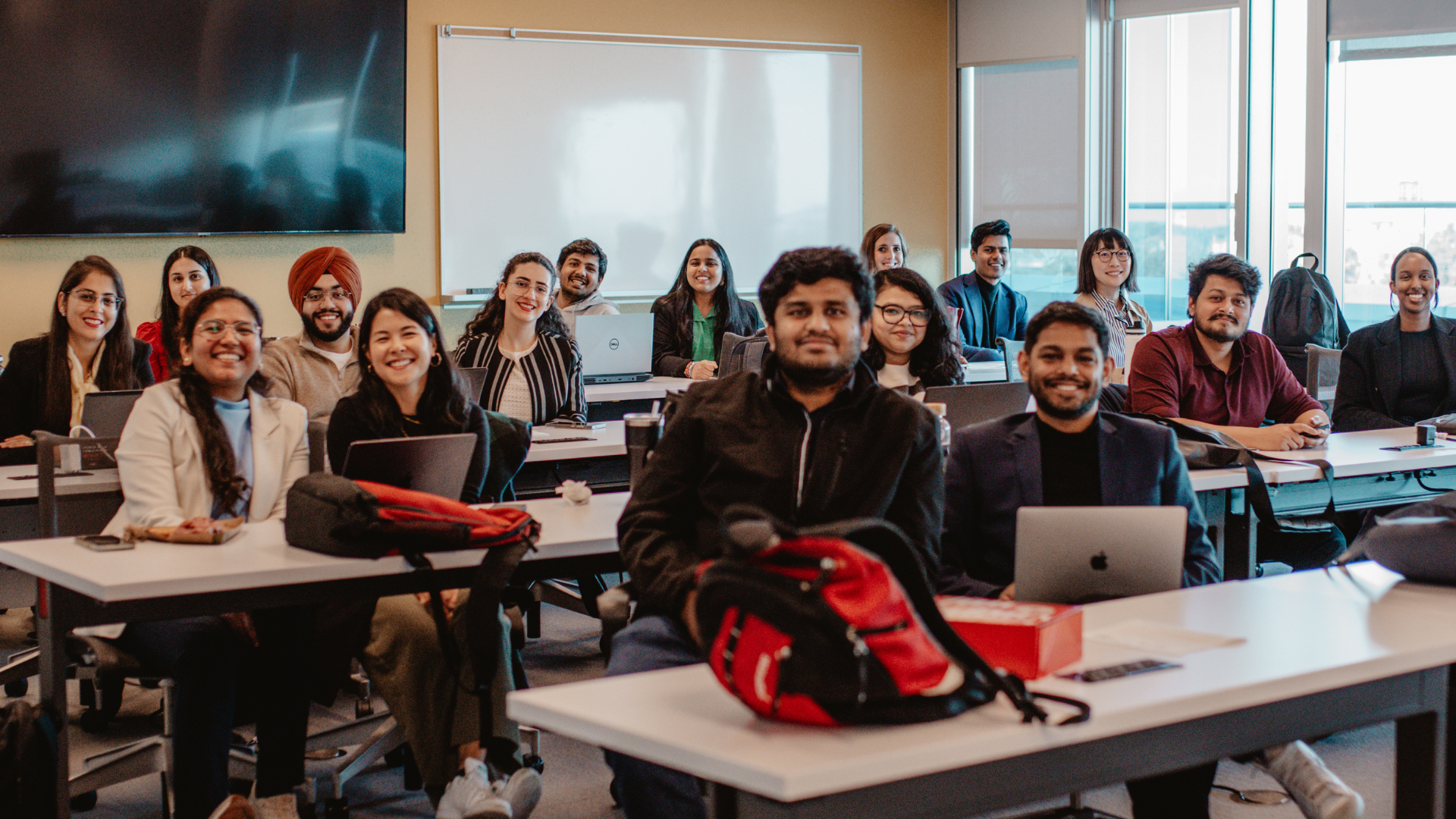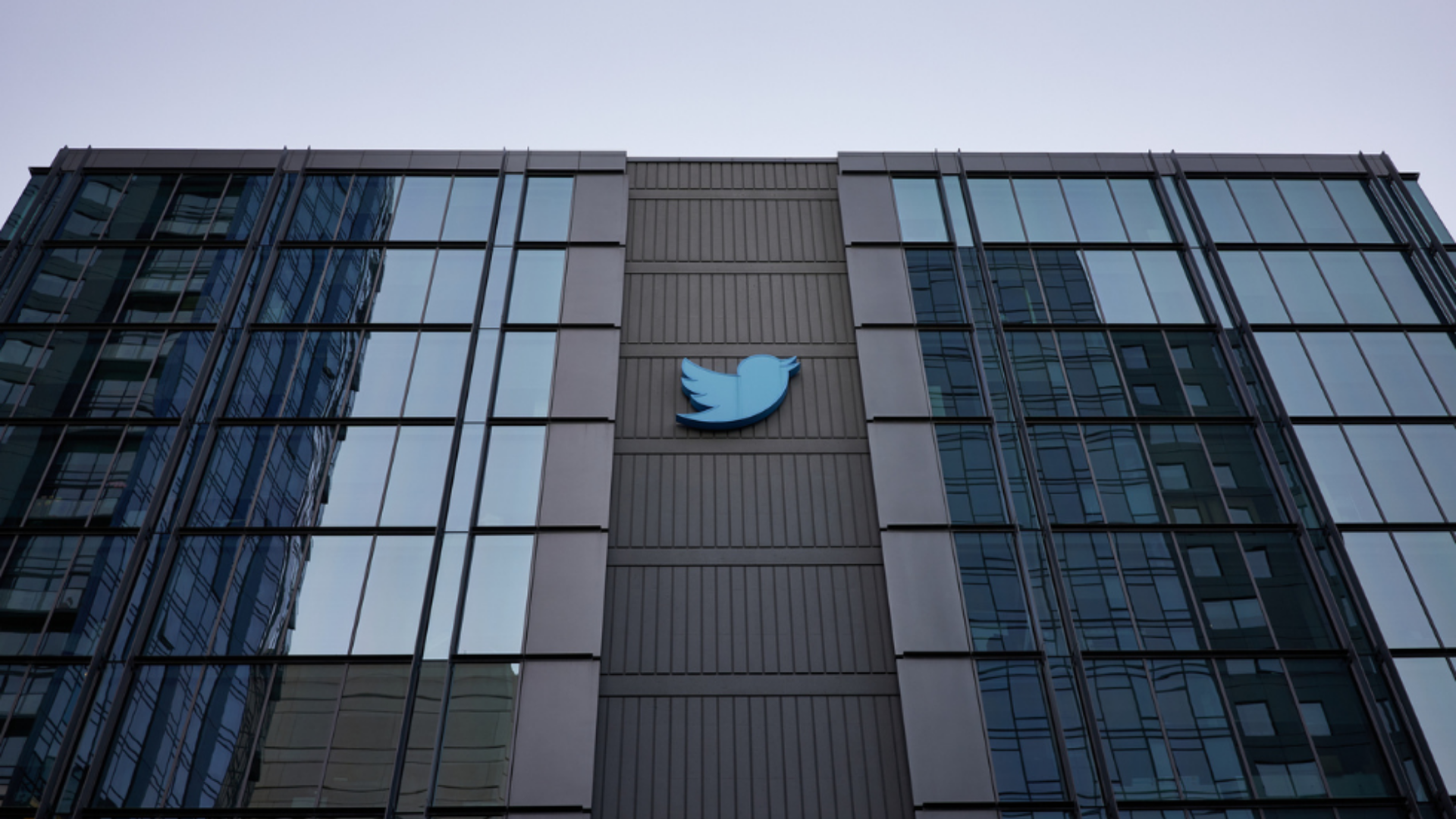Goran Calic's Top 3 Tips for how to foster creativity
April 18, 2017 ·
Contributed by: Goran Calic, Assistant Professor, Strategic Management

DeGroote Assistant Professor Goran Calic has made it his mission to study the impact of creativity in various organizations. Over the years, his work has evolved into a unique blend of psychology, mathematical modeling, computer science and strategic management. Below, Calic shares his Top 3 Tips for how to be more creative:
Avoid creativity maximization
Innovation results from two component processes – the creativity and generation of ideas, and the subsequent implementation or the actual introduction of change. To increase employee innovation, organizations may wish to invest in increasing employee creativity. Yet, creativity is unlikely to directly translate into the implementation of ideas. Creativity results in the generation of more ideas, but it also increases uncertainty; not necessarily in the sense that it leads to confusion, but in the sense that more viable alternatives exist. More options mean much information is sought out before a course of action is taken and when a course of action has been taken, it is less fixed, and the person remains open to the perception that other choices may have been superior. This is the inherent tension faced by managers and their employees. In a quest to become more creative, one usually also becomes more indecisive.
Encourage ordinary ideas
We are all creative. When contemplating ways to make our home or work life easier, we are engaged in a cognitive process that requires us to think of new and useful approaches to existing ways of doing things. This is creativity. The real drain on organizational innovation is not the lack of ideas – it is ideas, even ordinary ones, that are not properly employed. In a study of creative cognition, my co-authors and I find that people are most innovative and productive when they elaborate ordinary ideas. Elaboration involves the transfer of an idea from an individual’s mind to a work context, where the individual checks whether the idea will proceed as intended. Elaboration is a learning processes for accumulating information about an idea; for engaging in experiments; and for reshaping the idea. Ideas can be transferred to a work context in several ways: by discussing the idea with others or by privately imagining how the idea would play out and interact with the environment. In our studies, we find that most innovative breakthroughs start as ordinary ideas. The trajectory where innovation flows from a series of ordinary ideas also offers a possible solution to the potential downsides of pursuing highly creative ideas, such as the indecision and procrastination associated with investing in uncertain projects.
Change organizational policy, structure, and climate – not people
Conventional wisdom suggests that star inventors are responsible for innovative success. As such, organizations wishing to enhance innovation often design policies that reward individual inventors. The hope is that such rewards will result in greater innovative productivity by designing incentives for others to pursue innovation. Yet, such an approach may have a counterproductive effect. A star-based culture may reward only those who were last in the chain of innovative productivity. In doing so, organizations may inadvertently only reward implementers. Additionally, individuals are most innovative and productive when they elaborate on ordinary ideas. Consequently, as ideas are improved it is difficult, if not deleterious, to try and attribute responsibility for an invention to any one person. Instead, organizations should rely on collective rewards in order to encourage sharing, experimentation, collecting of information, and reshaping of ideas. In other words, organizations should leverage collective wisdom and create a culture of shared ownership of innovations.
 Goran Calic holds a PhD in Strategic Management from Purdue University, where he also earned a MBA. He graduated from the University of Ottawa in 2006 with an Honours Bachelor of Commerce, and spent a year abroad at the University of Vienna studying strategic innovation. His research focuses on understanding why some individuals are more creative and some organizations are more innovative than others. His work on creativity in organizations was awarded the 2015 Max Henri Boisot Award.
Goran Calic holds a PhD in Strategic Management from Purdue University, where he also earned a MBA. He graduated from the University of Ottawa in 2006 with an Honours Bachelor of Commerce, and spent a year abroad at the University of Vienna studying strategic innovation. His research focuses on understanding why some individuals are more creative and some organizations are more innovative than others. His work on creativity in organizations was awarded the 2015 Max Henri Boisot Award.



